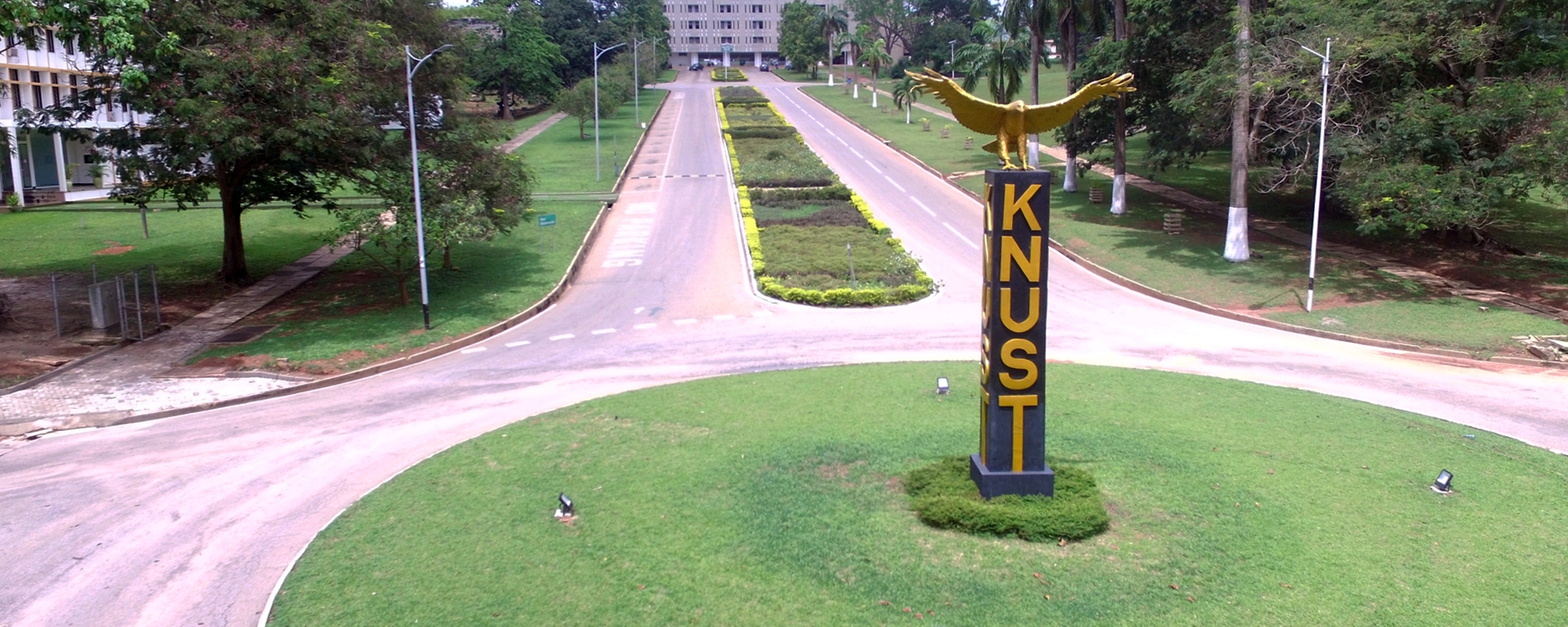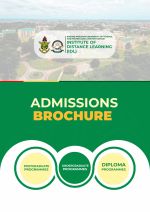Overview
The programme is designed for candidates with requisite qualifications who are already working in the food sector. The goal is to enable candidates understand the scope of total quality management and ISO based quality systems (quality management, quality design, quality control, quality improvement, quality assurance, and quality policy and business strategy). It is expected that the training shall build the skills of candidates in understanding consumers’ behaviour, maintaining quality and improving safety in food industries.
The two-year programme shall also provide the technological, scientific and managerial skills needed for graduates wishing to follow career prospects in food quality management in businesses, research and public administration. Finally, students will develop the skills required to develop problem-based learning approaches together with critical thinking skills.
Modules and courses
Mode of course delivery
The programme is offered through distance education, a learning oriented system allowing greater flexibility in learning while students continue with their regular professional work. The programme is offered in a mixed mode format. The approach uses print and electronic media in order to be responsive to the needs of the learner and also maximize the use of technology in course delivery.
At the heart of the programme is excellent online learning materials developed by capable and competent resource persons from KNUST and other recognized institutions.
Academic Support Systems/Services
Limited face-to-face facilitated sessions are provided at all the Learning Centres. These sessions are supported by print and electronic materials, and local learning facilitators who also support and direct students as they work through the resources provided.
The Centres provide learning support to students living in different parts of the country, thus reducing travel expenses.
Learning centres
Head of department
Exam officer
Programme coordinator
Dr. Herman Lutterodt
Lecturer
Biography
A good First Degree, preferably 2nd Class Lower Division or better in Food Science and Technology, Biochemistry, Chemistry, Nutrition Science, Biology, Agricultural Engineering or Chemical Engineering or any closely related science or technology BSc programme from a recognized university.

How to Apply
Pursuing an academic programme is an important step toward your future — and we're here to help


